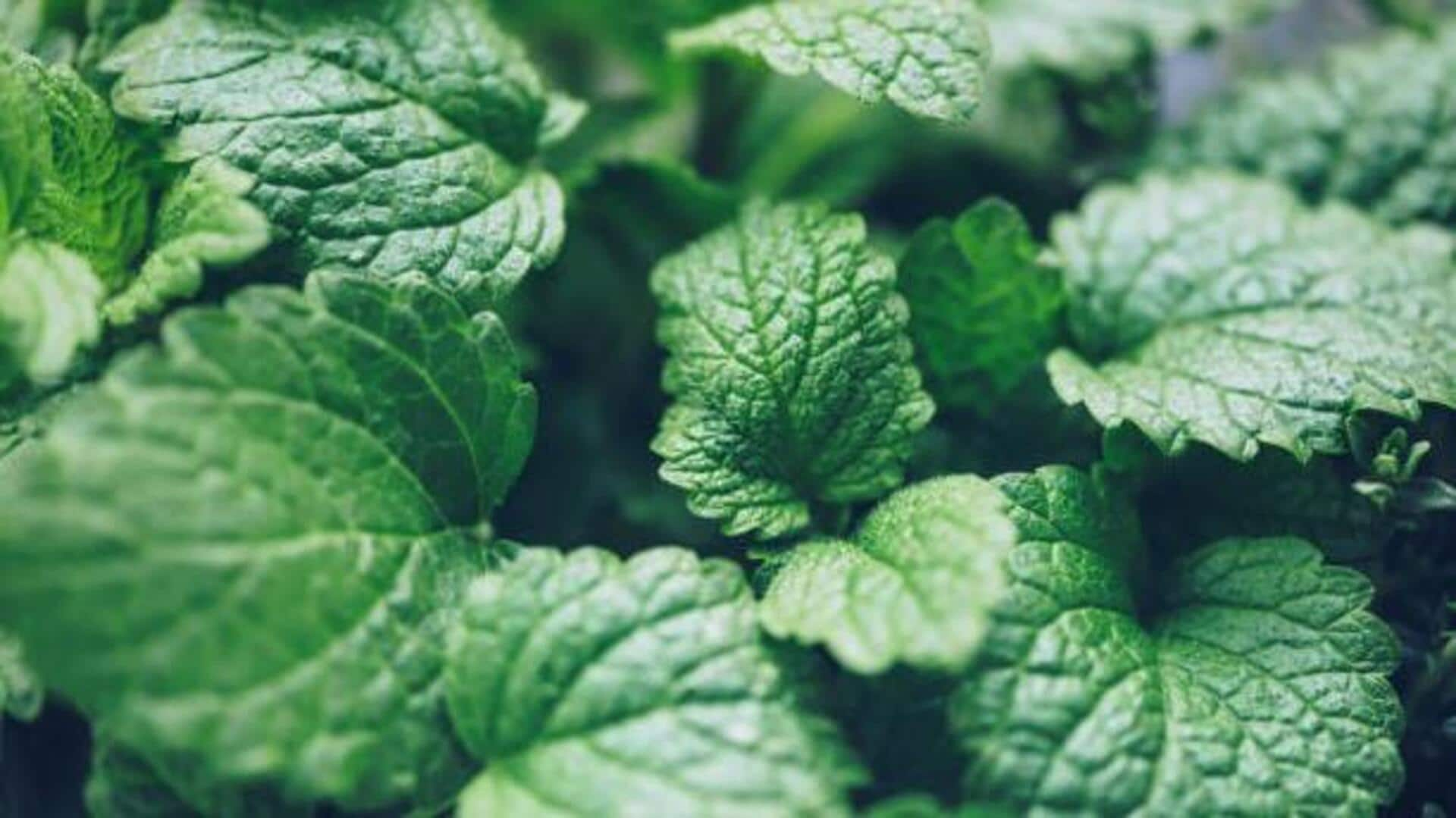
Balm leaves: A healing herb worth knowing
What's the story
African balm leaves have long been recognized for their healing properties, being used in traditional medicine for centuries. These leaves help treat various health conditions with their natural compounds. With herbal remedies becoming mainstream, the benefits of African balm leaves are more pertinent than ever. Let's explore their healing power and how they can improve your daily wellness routines.
#1
Natural anti-inflammatory properties
African balm leaves are known for their anti-inflammatory properties. The compounds in these leaves can reduce inflammation and swelling when applied or ingested as a tea. This makes them a great resource for anyone suffering from arthritis or muscle pain. By adding African balm leaves into your routine, you may feel relief from the pain associated with inflammation.
#2
Skin health benefits
The benefits of African balm leaves also extend to skincare as they soothe the skin. The leaves can be applied to skin irritations, rashes, and minor cuts, to promote faster healing and lessen redness. Using the leaves in creams or ointments offers a natural alternative to those seeking gentle skincare without the use of harsh chemicals.
#3
Respiratory support
The leaves of the African balm plant have long been used to promote respiratory health. The aromatic effects of these leaves can clear your nasal passages and soothe breathing troubles when inhaled as steam or added to herbal teas. This makes them useful during colder months or when suffering from mild respiratory problems.
#4
Digestive aid potential
Incorporating African balm leaves in your diet can benefit your digestion as well. These leaves are said to help in digestion by calming the stomach lining and alleviating issues like bloating and indigestion. Eating them as a part of a balanced diet could positively contribute to the overall digestive health.